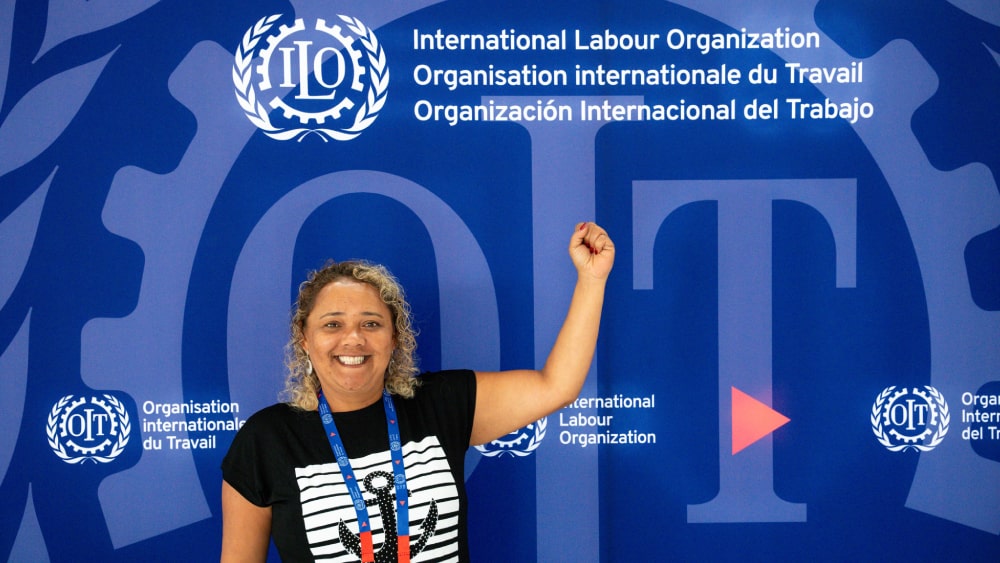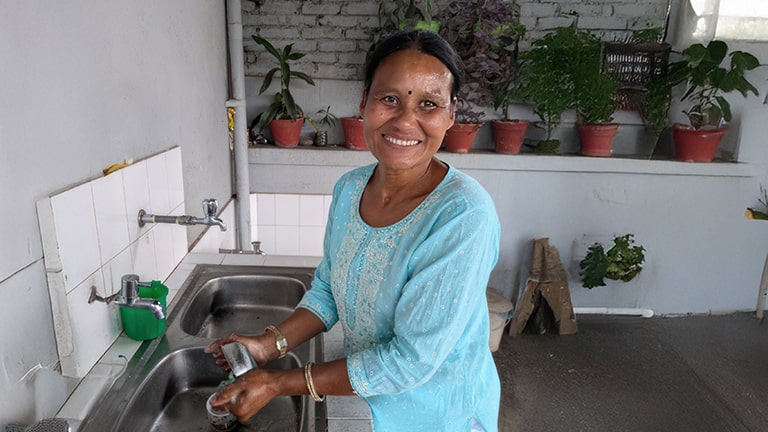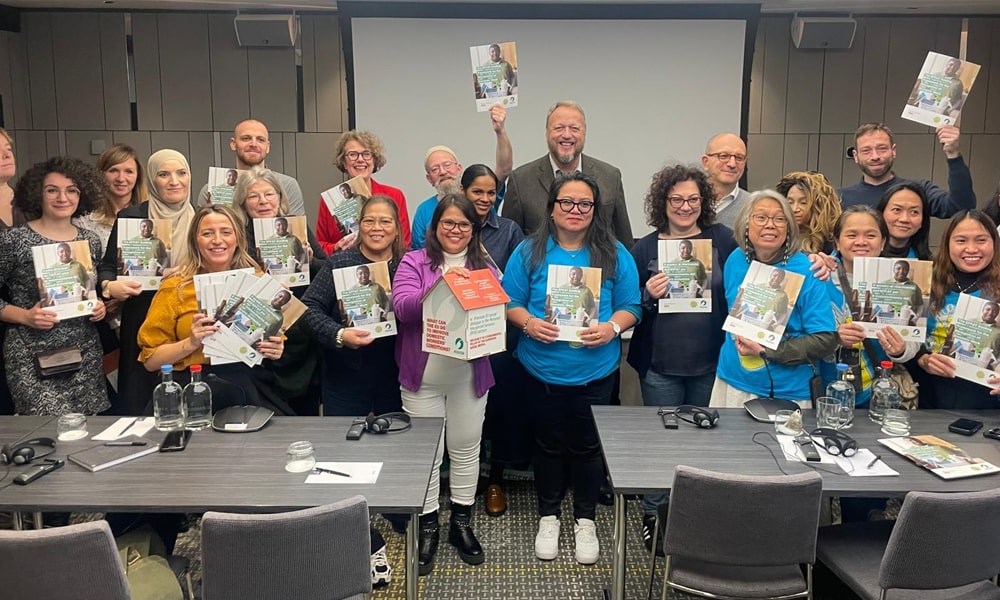
Interview with Chirlene dos Santos Brito, FENATRAD’s Leader
The Brazilian government has taken very seriously the idea that care is a human right and should be a public good. That’s why President Luiz Inácio Lula da Silva sent a Bill to Congress for the adoption of a National Care Policy, which was developed with the participation of our affiliate FENATRAD. This federal initiative, which addresses the demands and priorities of domestic workers (DWs) as pillars of the care economy, aims to ensure the rights of both care recipients and care providers, with an approach based on gender, race, ethnicity, and territoriality.
As part of the National Care Plan, the project “Thousand Women: Domestic Work and Care” has already been launched. This project offers professional qualification and training to DWs on food and chemicals handling, as well as on the care of children, the elderly, people with disabilities, and those with health conditions. Additionally, a program for the political training of new leaders among DWs has been launched.
Consistent with the recognition of domestic work as the backbone of Brazilian society, the Government also enacted Decree 12.009/2024, which integrates the texts of ILO Convention 189 and Recommendation 201 into national labor legislation, ensuring that DWs receive equal treatment with other workers. This measure reaffirms the Lula administration’s commitment to the primary category of workers within the care workforce and the one that employs the most women across the country.
In Brazil, there are more than 6 million DWs, of whom 92% are women and 61.5% are Black women, most of them with low education and low income. They have historically performed their tasks in precarious conditions, with unfair wages and without social protection (75% are informally employed), often subjected to modern slavery. Everything seems to indicate that Brazil is on track to settle this pending debt with DWs.
In this interview, Chirlene dos Santos Brito, FENATRAD’s Secretary of Union Training, shares the optimism of domestic workers regarding the latest Government actions and highlights the importance of the sector’s participation and inclusion in the development of public policies on care.





